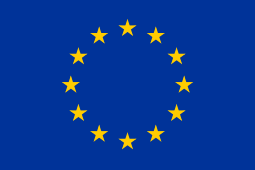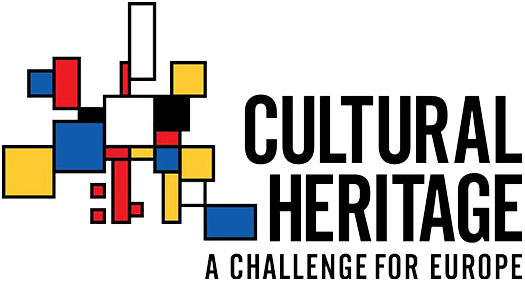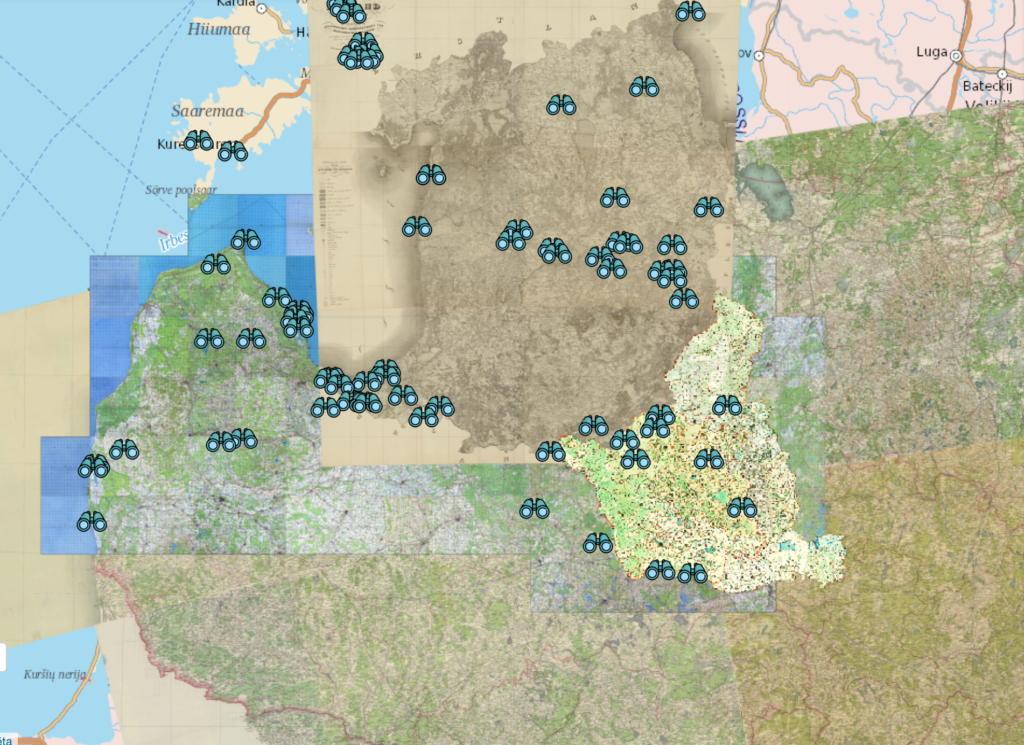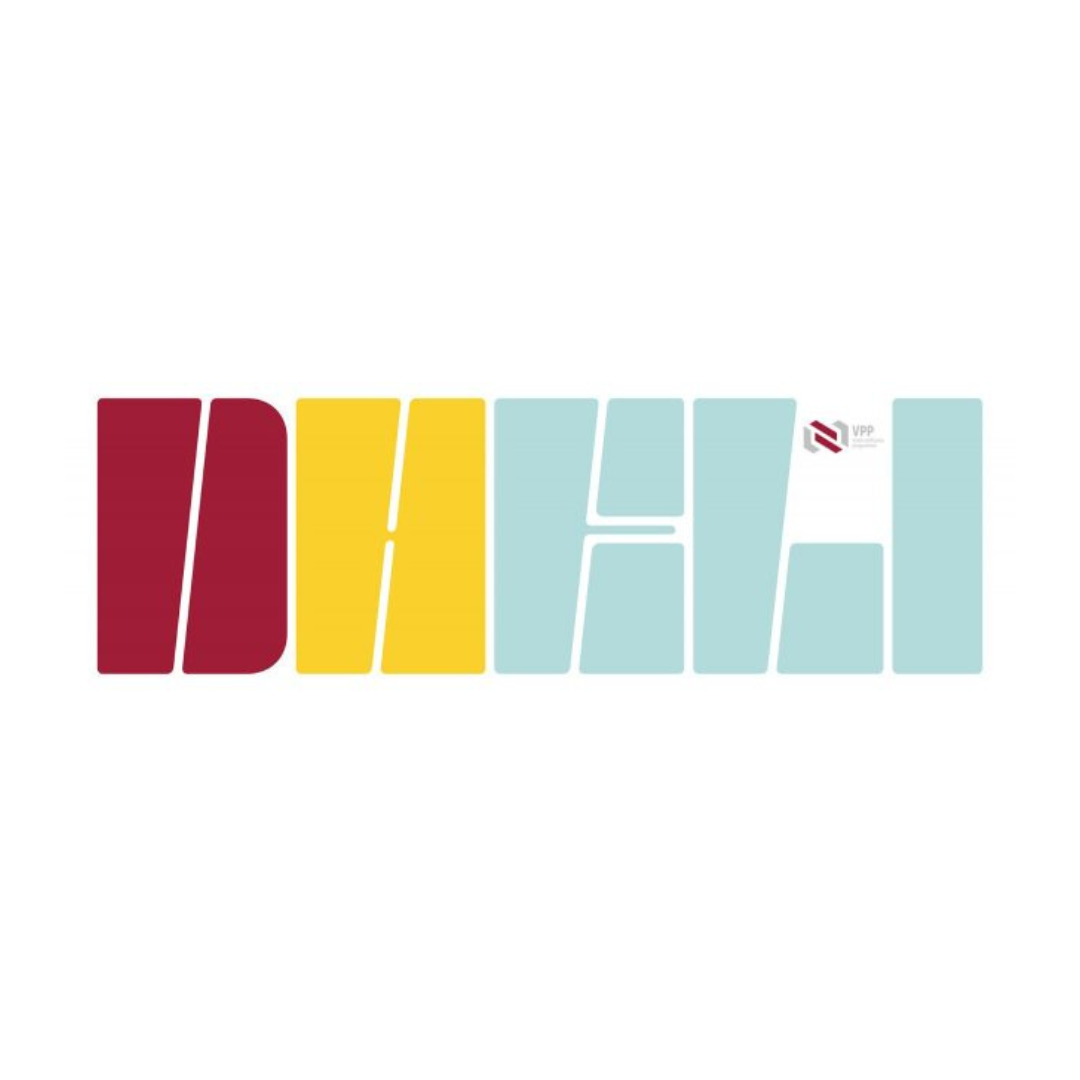Grant is awarded for joint project “Re-voicing cultural landscapes: narratives, perspectives, and performances of marginalised intangible cultural heritage” which main task is by comparing across minority cultures in the UK (Cornwall), Netherlands (Fryslân), Latvia and Estonia (Livonian) – to better understand the interplay between majority and minority narratives, perspectives, and performances of ICH, to make marginalised cultural landscapes more visible and resilient, and produce impactful insights to inform local communities to (inter)national and local policy-makers.
Project intends by studying perceptions of different groups and links between heritage and identity across individuals, societies, and geographical levels, to provide communities with better options for preserving of regional and indigenous identities, preserving and re-introducing intangible cultural heritage and it’s separate elements, ensuring better transfer of ICH between different groups, thus also offering decision makers better possibilities for regional development and sustainability.
UL Livonian institute and UT Institute of Estonian and General Linguistics will study in depth two areas historically inhabited by Livonians – the Livonian Coast in North-West of Latvia and Salaca Livonian area on North Eastern shores of the Riga gulf on both sides of Latvian and Estonian.
JPI Cultural Heritage is a part of European Union’s Horizon 2020 research and innovation programme. It organizes a series of joint transnational calls for proposals in the field of cultural heritage. These calls aim to support research into strategies, methodologies and tools to safeguard and use the physical components of cultural heritage. In the JPICH CHIP Call for Proposals 90 interdisciplinary research proposals were submitted by transnational consortia within the context of a single project. Only six projects were elected for funding.
RESULTS ACHIEVED:
Publications
Ozoliņa, L., Ernštreits, V., Koreinik, K., & Vītola, I. (2022). The manifestations of Livonian intangible cultural heritage across the Latvian and Estonian border: framing early field notes from research sites. Eesti Ja Soome-Ugri Keeleteaduse Ajakiri. Journal of Estonian and Finno-Ugric Linguistics, 13(1), 233–256. https://doi.org/10.12697/jeful.2022.13.1.09
Participation in conferences, seminars
Vītola, Ieva. Report “Preservation of the Livonian intangible cultural heritage during the pandemic” in the thematic section of the International Scientific Conference “Cultural Crossroads XVI” of the Latvian Academy of Culture. The abstract of the report is available on page 95 of the collection of the conference theses. (in Latvian). 04.11.2022
Ozoliņa, Lolita and Vītola, Ieva. Presentation “The reflections of the Livonian cultural landscape in digital space” at the 80th International Scientific Conference of the University of Latvia will host the session “Language and Culture in the Digital Age”. The presentation is available at this link. Zoom. 30.03.2022
The project was implemented with the support of the European Regional Development Fund of the European Union under project agreement No. within the framework of 23-11.17e/21/316.






